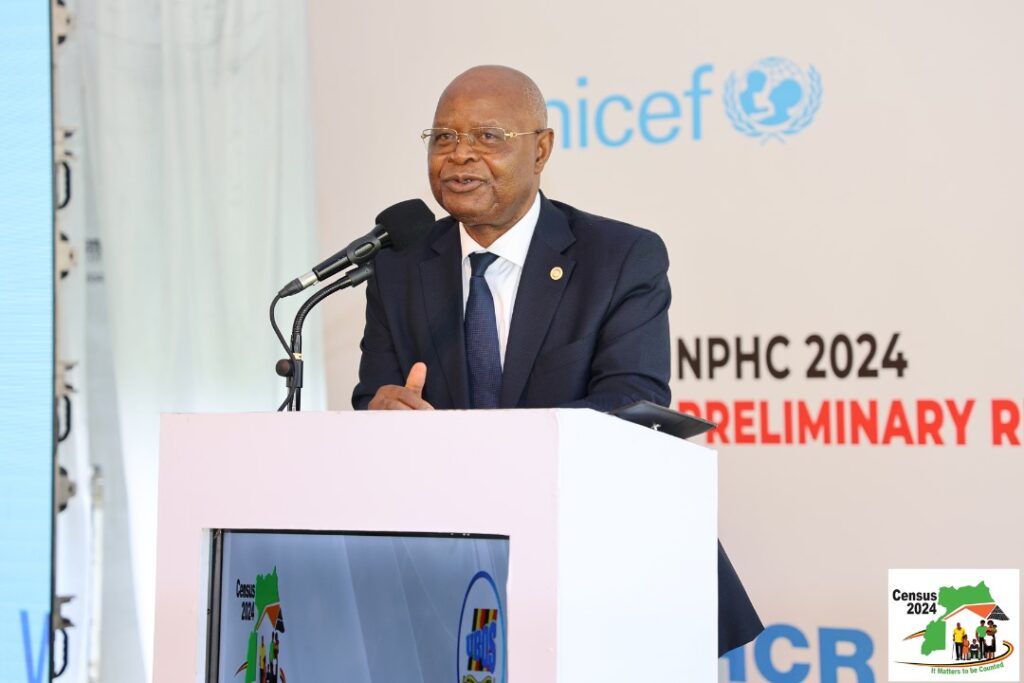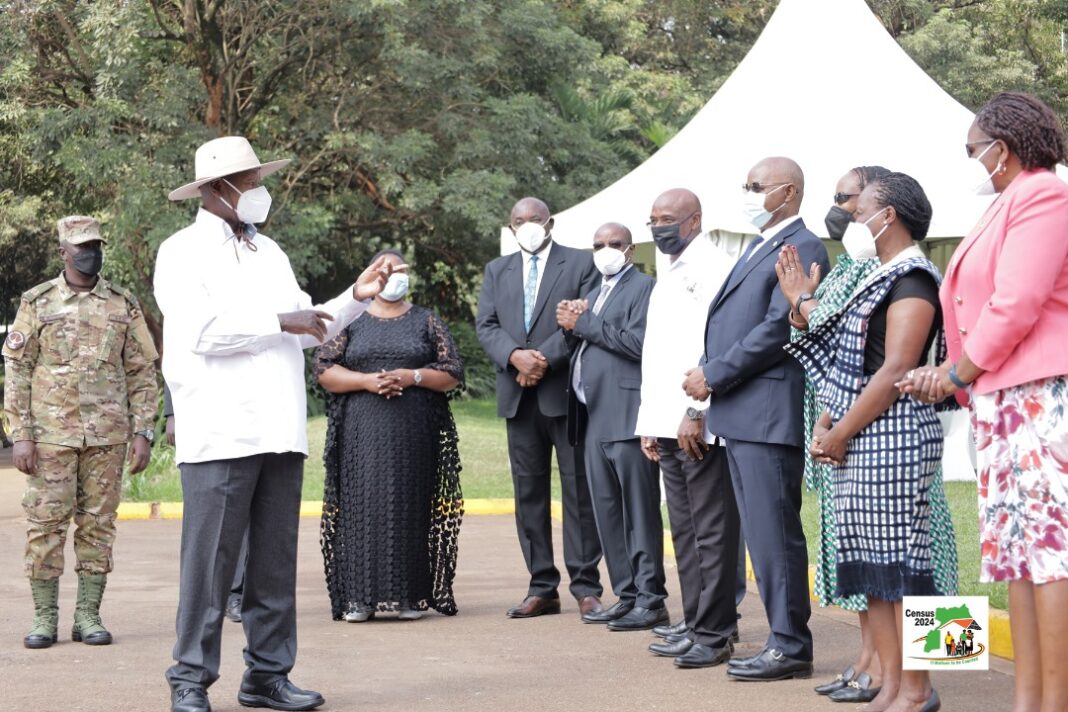Uganda has successfully concluded its eleventh national census, marking a significant milestone as the first digital census in the country’s history. Led by the Uganda Bureau of Statistics (UBOS), the census aimed to comprehensively capture demographic data critical for national planning and development.
Under the leadership of Dr. Chris Mukiza, Executive Director of UBOS, the 2024 census embraced digital technologies to enhance efficiency and accuracy in data collection. This transition allowed real-time data retrieval, significantly reducing the time traditionally required for processing census results. The use of digital platforms also facilitated remote access to hard-to-reach areas, including islands and mountainous regions, ensuring a more inclusive count.

During the census, UBOS acknowledged the crucial support from various sectors, including security forces like the Uganda People’s Defence Forces (UPDF), Uganda Police, and Uganda Prisons, who provided logistical support and personnel. Enumerators were recognized for their dedication, with notable mention of Lawrence Lubega from Kiribadya Central, celebrated for his extraordinary efforts, including swimming to reach citizens for enumeration.

Despite these successes, the census faced challenges such as refusals in certain regions, notably influenced by religious cults in the Busoga region. Nevertheless, UBOS persisted in its mission to achieve a comprehensive and accurate count of Uganda’s population.
Preliminary results indicate Uganda’s population has grown to 45,935,046, reflecting an increase of 11.3 million since the last census in 2014. This growth underscores the need for robust planning and resource allocation to sustainably meet the needs of Uganda’s diverse population.
The average household size decreased to 4.4 persons, down from 4.7 in the previous census, with females comprising 51% of the total population. These demographic insights are invaluable for shaping policies in healthcare, education, infrastructure, and social welfare.
Looking ahead, UBOS emphasizes the importance of utilizing census data to inform decision-making across government, private sector, and civil society. The availability of real-time data highlights the potential for digitalization to streamline service delivery and enhance governance effectiveness in Uganda.
President Yoweri Museveni commended the nation for embracing the census and urged Ugandans to discard outdated beliefs about census activities. His support underscores the government’s commitment to leveraging data-driven insights for national development.
As Uganda continues its journey of growth and development, the success of the digital census stands as a testament to the country’s commitment to harnessing innovation for inclusive progress.
The 2024 digital census marks a pivotal moment in Uganda’s demographic history, showcasing both technological advancement and national unity in achieving a comprehensive population count. With robust data now at hand, Uganda is poised to embark on informed initiatives that promise to improve the quality of life for all its citizens.

